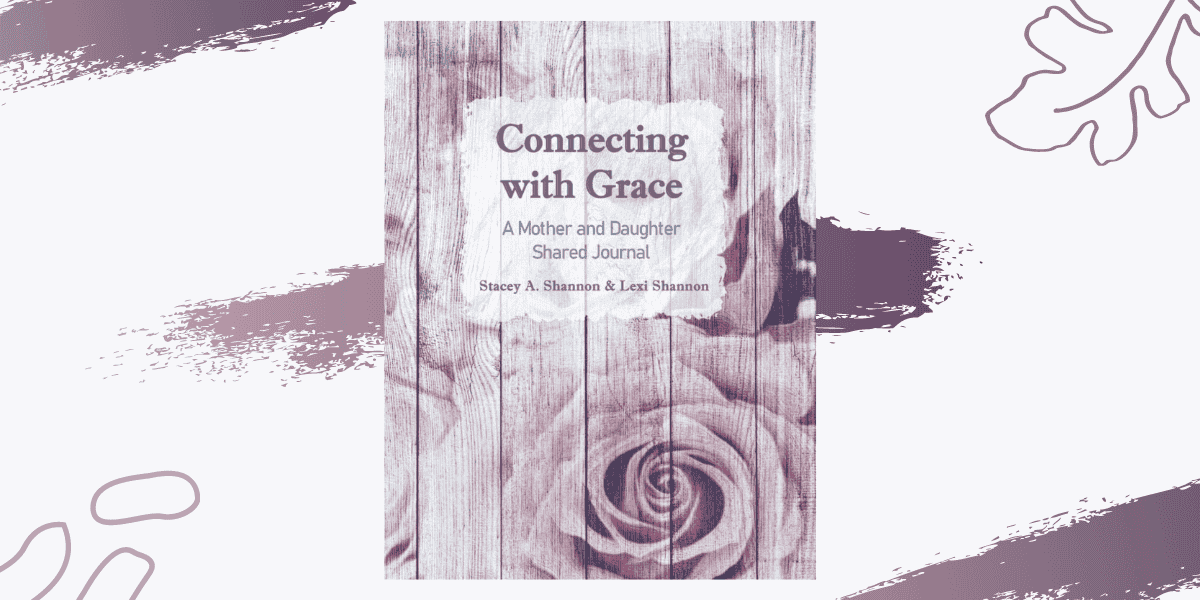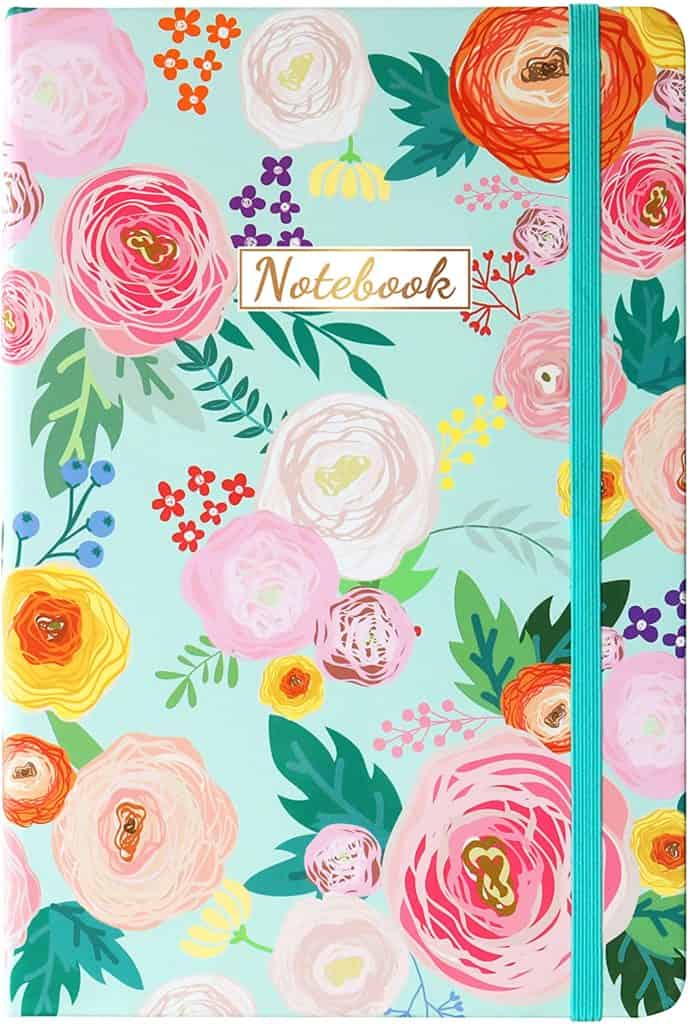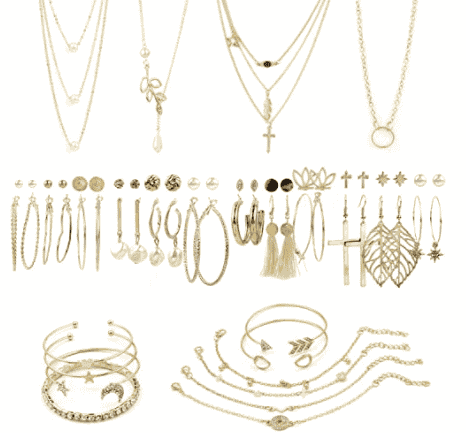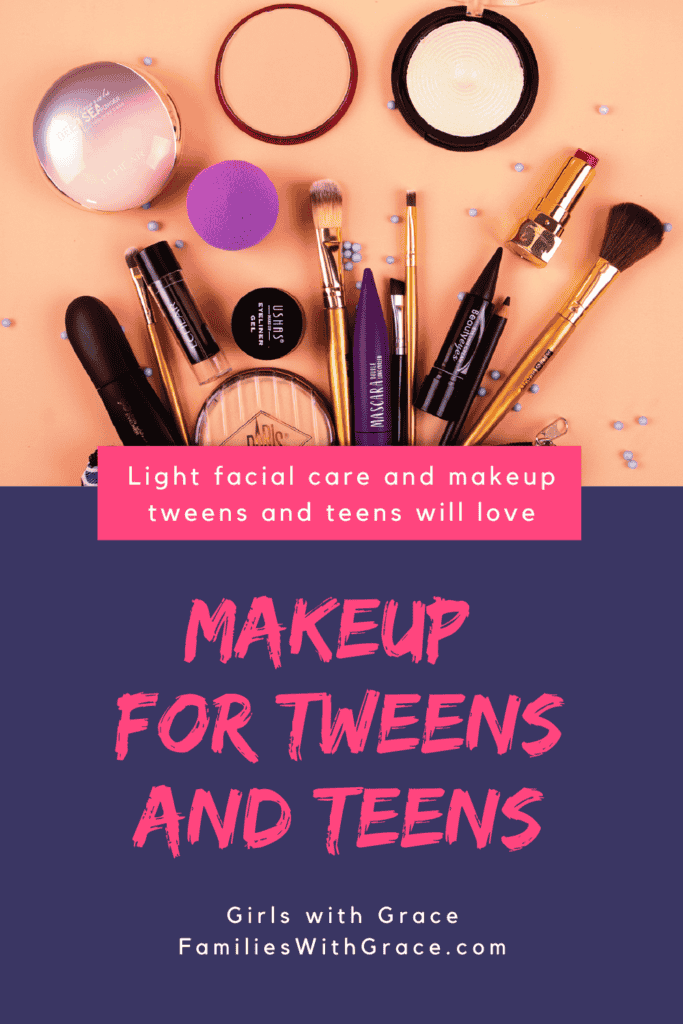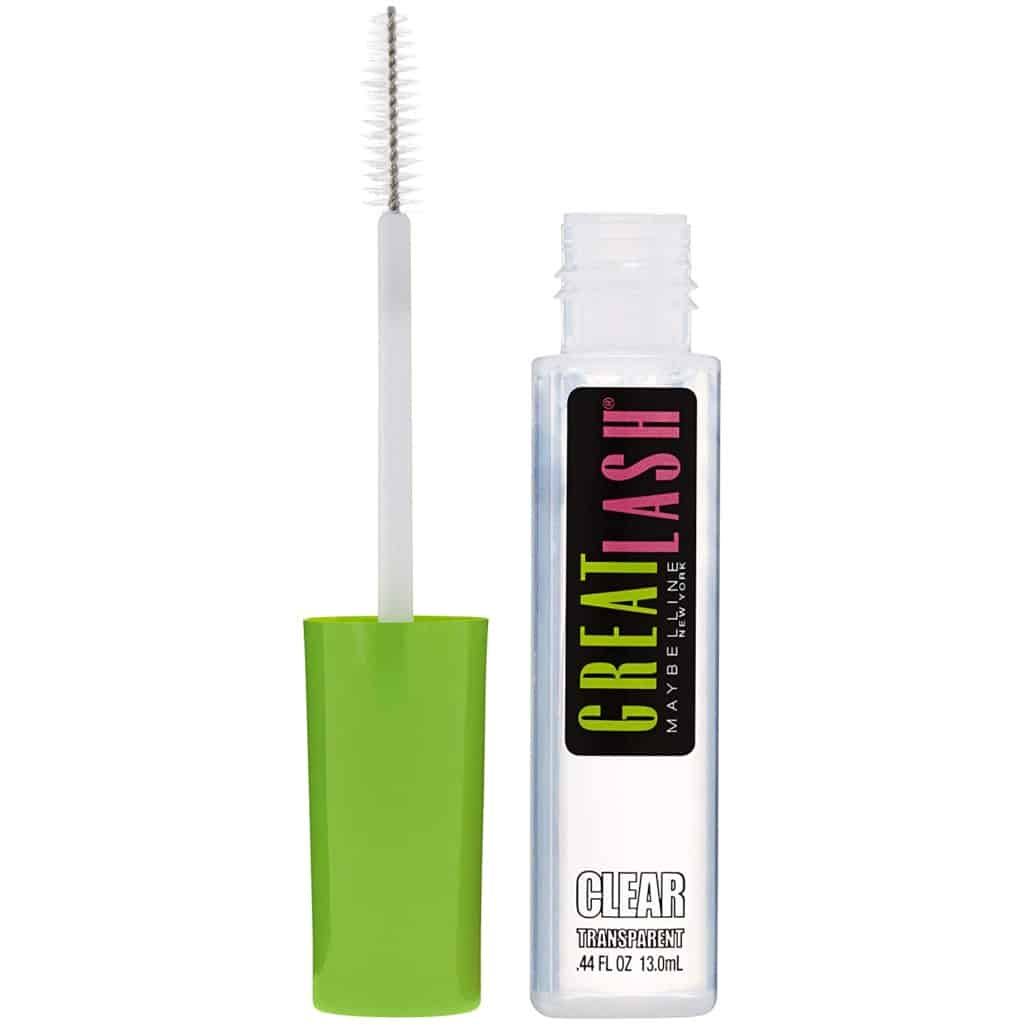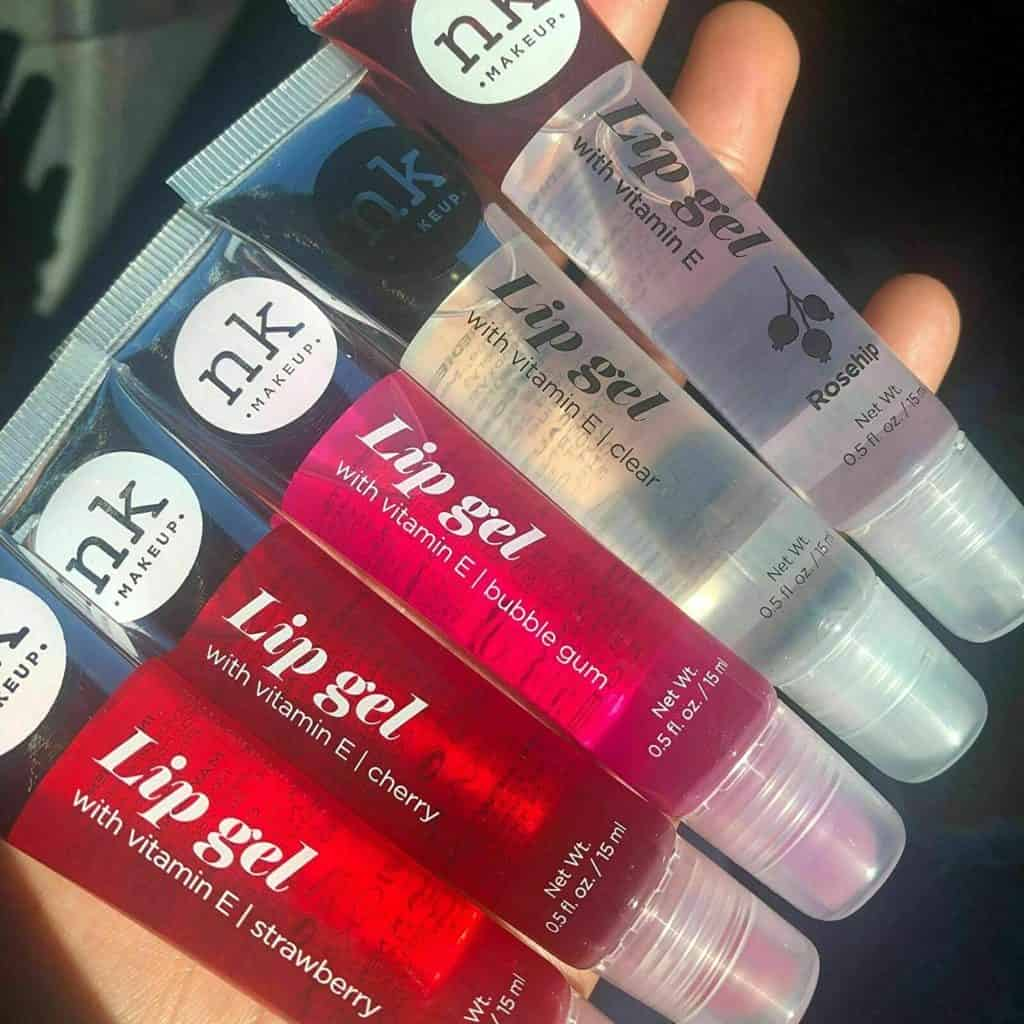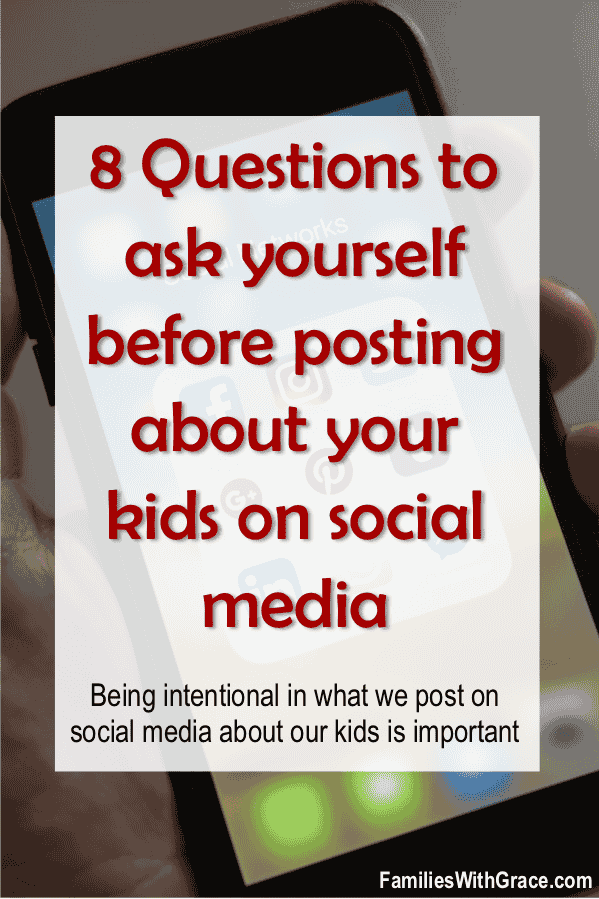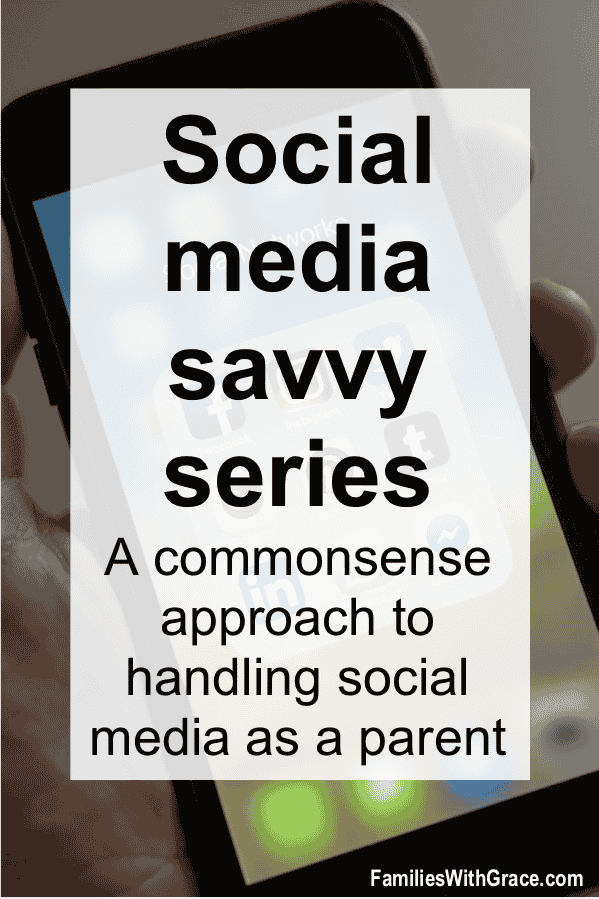A giveaway of a faith-based way for moms and daughters to connect
Affiliate links are used in this post. If you make a qualifying purchase via my link, I receive a small percentage of the sale at no additional cost to you. I only recommend products and services I use and love. It helps support my blog, so thank you for your support! Read my full disclosure here.
A couple of years ago, my daughter and I discovered shared journals. We fell in love with the idea of being able to write back-and-forth to each other. It was a great way to connect, but we were disappointed that we couldn’t find one like us: a bit serious and a bit silly. So, we decided to create own. Thus the idea for “Connecting with Grace” was born.
And now “Connecting with Grace” is completed and ready just in time for the Christmas season!
What is a mother and daughter shared journal?
A mother and daughter shared journal is a journal that a mom and daughter both write in. Instead of all blank pages, however, the journal includes writing prompts and questions to get the conversation flowing. The mom and daughter then pass the journal back and forth to each other after they’ve written in it.

Lexi and I usually leave it on the other one’s bed for them to see it. We read what the other one wrote and then write as well. Sometimes we make comments specifically on what the other one wrote, but mostly we move on to the next prompt.
Mother and daughter journals can be a great way to connect without having to sit and talk face-to-face. It gives you a chance to think about your words before you write them. You can be more contemplative and honest. Though Lexi and I both enjoy writing, the benefit of a mother and daughter shared journal is that the writing prompts make sure we have something to talk about each time we write so we don’t get repetitive or somehow run out of things to say.
How “Connecting with Grace” is different
Faith is a big part of our lives, so we wanted to have a mother and daughter shared journal that included a faith component. But at the same time, we didn’t want something all serious, all the time. Because we are a mix of serious and silly. And sometimes we are seriously silly!
When we were working on “Connecting with Grace,” we wanted to make it something we would love and use. Most prompts include a Bible verse. A few have inspirational quotes instead. And each topic has a page for a mother and a page for a daughter. (If you have more than one daughter you want to do this with, you can always use “Connecting with Grace” with a separate journal or notebook as well.)
The 50 different prompts include topics like school, the Bible, relationships, friendships, womanhood and more. We also added in some blank journal pages throughout that you can use for whatever you most want to do. And there are five Q&A sections throughout to help you get to know each other even better.
Lexi and I know each other well, so we tried to come up with things that we didn’t actually know about each other. We worked well together in writing questions. For example, Lexi let me know when my questions sounded too much like a Sunday School teacher!
We also didn’t want to add pressure to busy schedules, so we didn’t date the journal in any way. That way you can complete on your own timeframe. We have written in ours daily sometimes and weekly other times. It really just depends on what’s going on in our lives.
Another component we really wanted to include was ideas for one-on-one time together. We’ve called them “Face-to-face with Grace” and included 10 of them throughout the book. Because while we love the idea of getting to share with one another through writing, we also think it’s important to be intentional about spending time together.
Where to buy “Connecting with Grace”
Right now “Connecting with Grace” is available on Amazon as a paperback for $12. It is part of Amazon Prime, so it will ship quickly and free to you if you are an Amazon Prime member. The journal is 8.5 x 11 inches so you have plenty of space to write. We went with white paper to make writing with any writing utensil easy to show up.
A chance to win a “Connecting with Grace” gift basket
We’re so excited to share “Connecting with Grace” with the world. So, we are doing a giveaway to get it into the hands of a lucky winner. And we’re adding in some other items for a perfect mother and daughter bonding gift basket!
(This giveaway is in no way sponsored by the makers of the products we are including in the gift basket along with our book.)
Along with a paperback copy of “Connecting with Grace,” the winner will also receive the following:
A set of 6 magnetic inspirational bookmarks to use for marking your page in “Connecting with Grace” and extras for any other book you’re reading.
A set of 4 glittery ink pens you can use to write in “Connecting with Grace.”
A box of Russel Stover chocolates to snack on while you’re journaling. (Or any other time, because there’s never a bad time for chocolate!)
A blank journal you can use to make additional notes, include a second (or more) daughter or even just to write your insights for “Connecting with Grace” in case you don’t want to write in the journal itself.
Giveaway entry
In order to enter the giveaway, you MUST “like” Families with Grace on Facebook and complete the giveaway form (below). You can earn extra entries by signing up for the Families with Grace email list (which will also give you a free copy of the 7-Day Acts of Grace Challenge Devotion AND 10 Ways to Start Living as a Family with Grace Now!), follow Families with Grace on Instagram, follow Families with Grace on Twitter and follow Families with Grace on Pinterest. Just indicate those options on the giveaway form. (You do not have to be new to Families with Grace to participate!)
The giveaway starts at 12 a.m. EST on Nov. 2, 2021 and ends at 12 a.m. EST on Nov. 15, 2021. A winner will be randomly selected and, once confirmed that they fulfilled the mandatory guideline of “liking” Families with Grace on Facebook, will be announced on the Families with Grace Facebook page by 2 p.m. EST on Nov. 16, 2021.
a Rafflecopter giveaway
